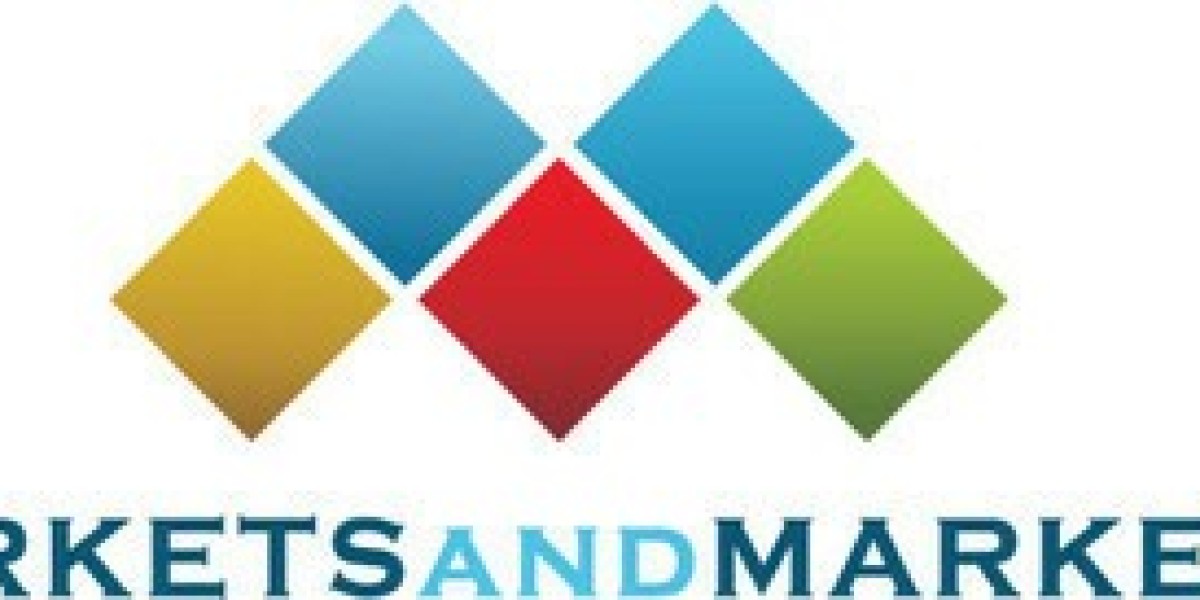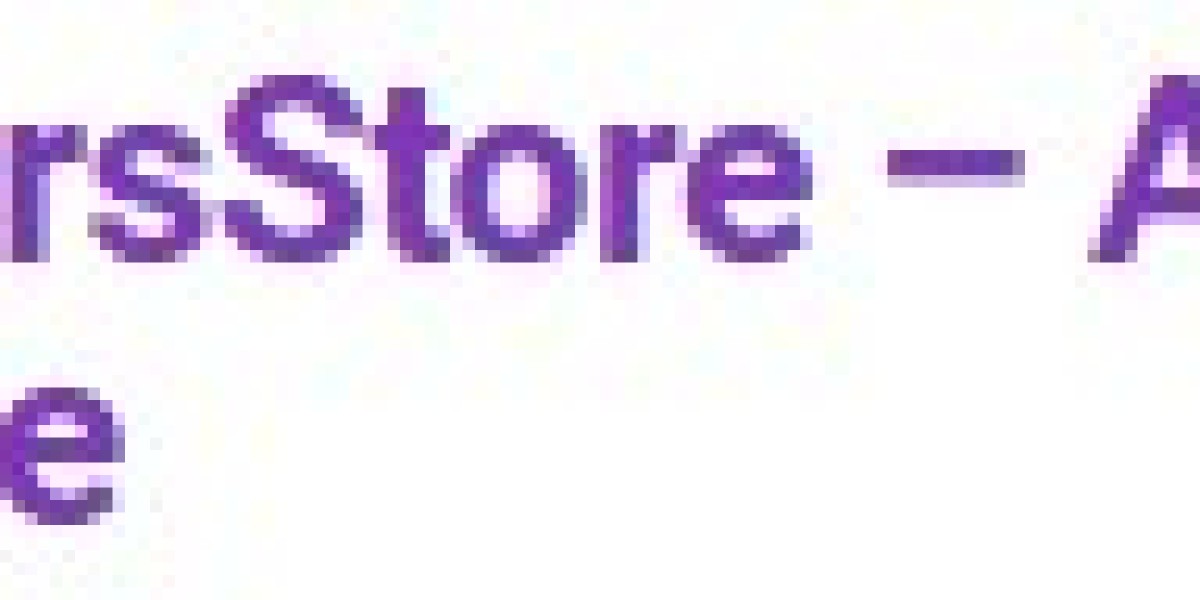Continuous Renal Replacement Therapy (CRRT) is a critical care therapy used primarily in the treatment of acute kidney injury (AKI), particularly in patients with hemodynamic instability. Over the past decade, the CRRT market has witnessed significant growth due to rising incidences of kidney-related diseases, advancements in technology, and increased healthcare spending. This blog will delve into the key factors driving the CRRT market, the major players, and its future prospects.
Download an Illustrative overview
What is Continuous Renal Replacement Therapy (CRRT)?
CRRT is a 24-hour therapy primarily used in intensive care units (ICUs) for patients who cannot tolerate the rapid fluid and solute shifts associated with traditional dialysis. It works by continuously removing waste products and excess fluids from the blood, mimicking the natural function of healthy kidneys. This slow and steady process reduces the stress on the heart and helps maintain hemodynamic stability in critically ill patients.
Market Drivers
Rising Incidence of Acute Kidney Injury (AKI): The prevalence of AKI has increased globally due to factors like chronic diseases (e.g., diabetes, hypertension) and the aging population. With AKI often requiring CRRT for management, the demand for CRRT systems has risen sharply.
Technological Advancements: Significant advancements in CRRT machines, such as user-friendly interfaces, precise fluid management, and improved biocompatible materials, have enhanced patient outcomes and reduced the risks associated with therapy.
Increased Awareness and Healthcare Spending: Developing regions are seeing increased healthcare expenditure, and as awareness about AKI and its treatment options grows, the adoption of CRRT is expected to increase. Governments and healthcare organizations are also supporting initiatives to improve kidney disease management, further driving market growth.
COVID-19 Impact: The COVID-19 pandemic has also accelerated the demand for CRRT, as a large number of critically ill patients developed kidney-related complications. The surge in COVID-19 cases revealed the importance of CRRT in managing multi-organ failure in ICU settings.
Challenges in the CRRT Market
High Cost of Therapy: The cost of CRRT treatment can be a significant burden on both healthcare providers and patients, especially in regions with limited healthcare budgets. The need for specialized equipment and trained personnel adds to the cost, limiting access in resource-constrained settings.
Lack of Skilled Professionals: CRRT requires specialized training for healthcare professionals, and a shortage of trained personnel in many regions hampers the effective use of this therapy. The complexity of CRRT machines also adds to this challenge, making continuous education and training necessary.
Strict Regulatory Standards: The medical devices used in CRRT must meet stringent regulatory guidelines, especially concerning patient safety. These regulations can slow down the introduction of new technologies and raise the cost of bringing innovative products to market.
Key Players in the CRRT Market
Several leading companies have made their mark in the CRRT market by developing innovative machines and consumables to meet growing demand:
Fresenius Medical Care AG & Co. KGaA: A major player in the dialysis market, Fresenius offers a wide range of CRRT products designed to provide optimal fluid and waste management for AKI patients.
Baxter International Inc.: Baxter has been a pioneer in developing CRRT machines and consumables, with a focus on improving patient outcomes through innovation.
Nikkiso Co., Ltd.: Nikkiso's CRRT systems are known for their efficiency and ease of use, making them a popular choice in ICUs worldwide.
- Braun Melsungen AG: B. Braun is a prominent player offering comprehensive CRRT solutions with a focus on safety and precision in fluid management.
Regional Insights
North America: The region dominates the CRRT market due to a well-established healthcare infrastructure, high awareness of kidney-related diseases, and significant investments in healthcare technologies. The U.S. is the largest market in this region, followed by Canada.
Europe: Europe holds a significant share of the market, with countries like Germany, France, and the U.K. leading the way. The presence of prominent healthcare companies and increasing research and development activities contribute to the region's growth.
Asia-Pacific: The Asia-Pacific market is expected to grow at the highest CAGR over the forecast period. This growth is driven by increasing healthcare spending, rising awareness, and a growing prevalence of kidney diseases in countries such as India, China, and Japan.
Future Outlook
The future of the CRRT market looks promising, with continued advancements in technology and increasing awareness of kidney health driving growth. Innovations such as wearable CRRT devices, AI-driven patient monitoring, and more efficient fluid removal techniques are likely to revolutionize the market. Moreover, as healthcare systems in developing regions improve, the demand for CRRT is expected to increase substantially.
Conclusion:
The Continuous Renal Replacement Therapy market is poised for significant growth in the coming years, fueled by technological advancements, rising incidence of acute kidney injury, and increasing awareness. However, challenges such as high costs and a lack of skilled professionals need to be addressed for the market to reach its full potential. Companies that continue to innovate and focus on patient-centered care will likely lead the market in the future.
Content Source:
https://www.marketsandmarkets.com/PressReleases/continuous-renal-replacement-therapy.asp
https://www.marketsandmarkets.com/ResearchInsight/continuous-renal-replacement-therapy-market.asp



